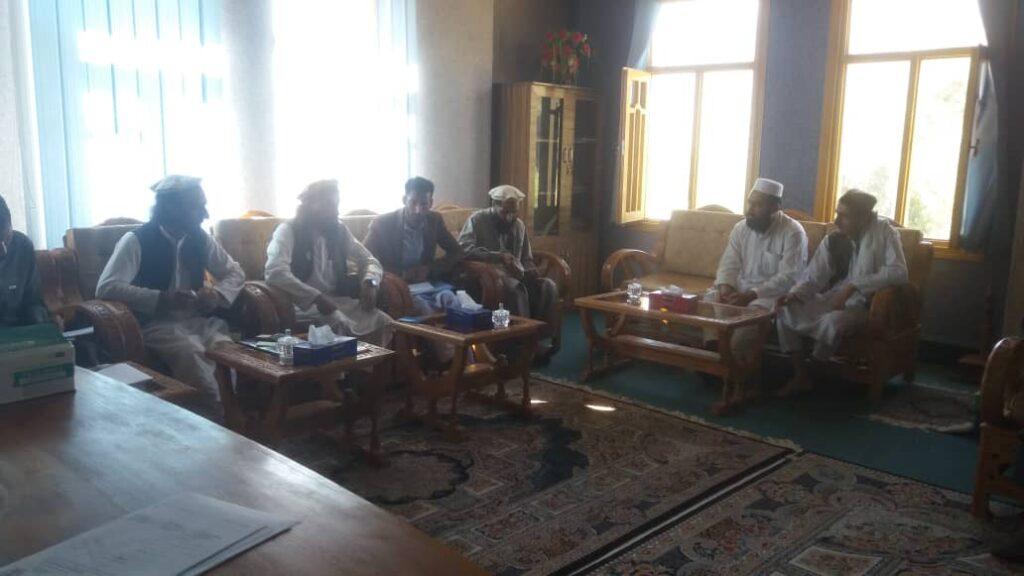KABUL (Pajhwok): Humanitarian Assistance Empowerment Organization (HAEO) and UNDP helped provide an ambulance to the Balawro Health Sub-Centre in the Marawara district of eastern . . .
You need to subscribe to view the full article. Please login or register a new account.







GET IN TOUCH
NEWSLETTER
SUGGEST A STORY
PAJHWOK MOBILE APP